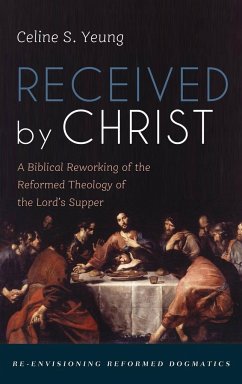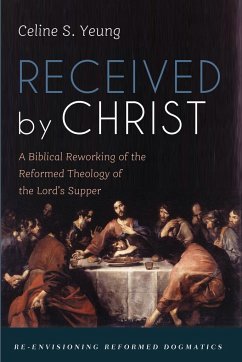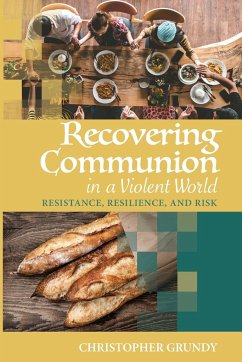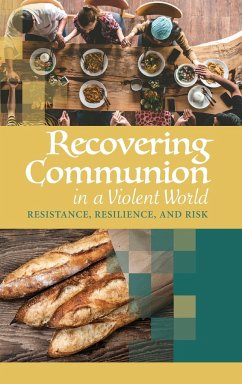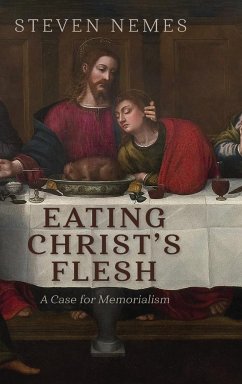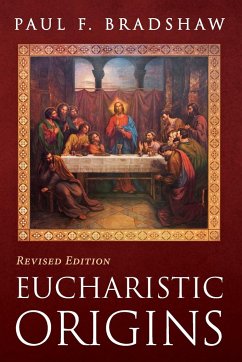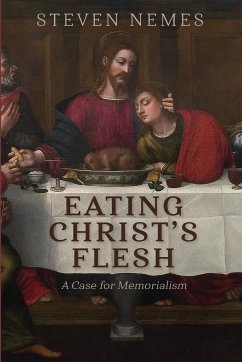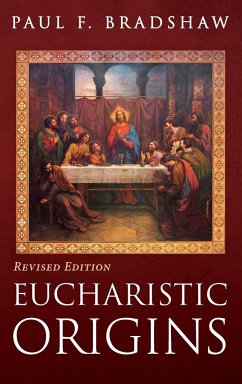Huldrych Zwingli had an idea. To the shock of both Rome and fellow Protestant Martin Luther, he argued that Christ is not physically present in the Lord's Supper. Rather, the Eucharistic elements only represent Christ's body and blood. However, the unique basis undergirding his theory is often overlooked, both by his contemporaries and later commentators. He specifically understood the Lord's Supper to be patterned after the Passover meal, the meal of the Old Testament. His memorialist understanding was in fact based on the memorialist nature of the Passover. By bringing in Jewish scriptures to bear on our understanding of the Lord's Supper, his approach unlocks new questions that do not necessarily presuppose Greek metaphysics or a break from traditions. This work seeks to continue to develop the method Zwingli left behind, delineating a Eucharistic theology for the church today, one that gives careful consideration to God's actions in relation to Israel and therefore sees the meal not metaphysically, but historically and relationally.
Bitte wählen Sie Ihr Anliegen aus.
Rechnungen
Retourenschein anfordern
Bestellstatus
Storno

